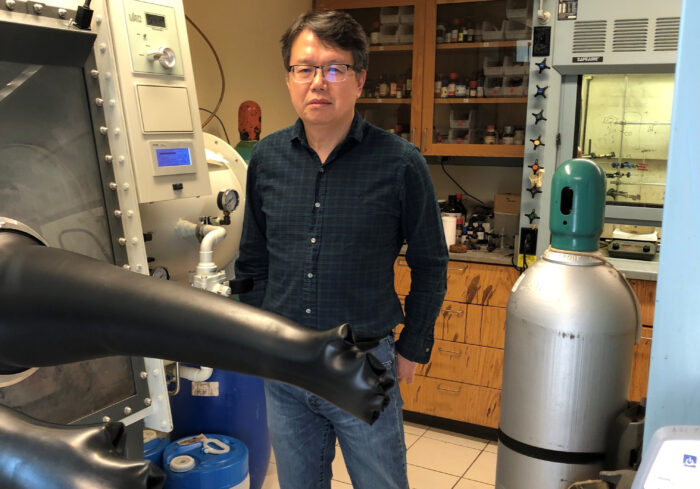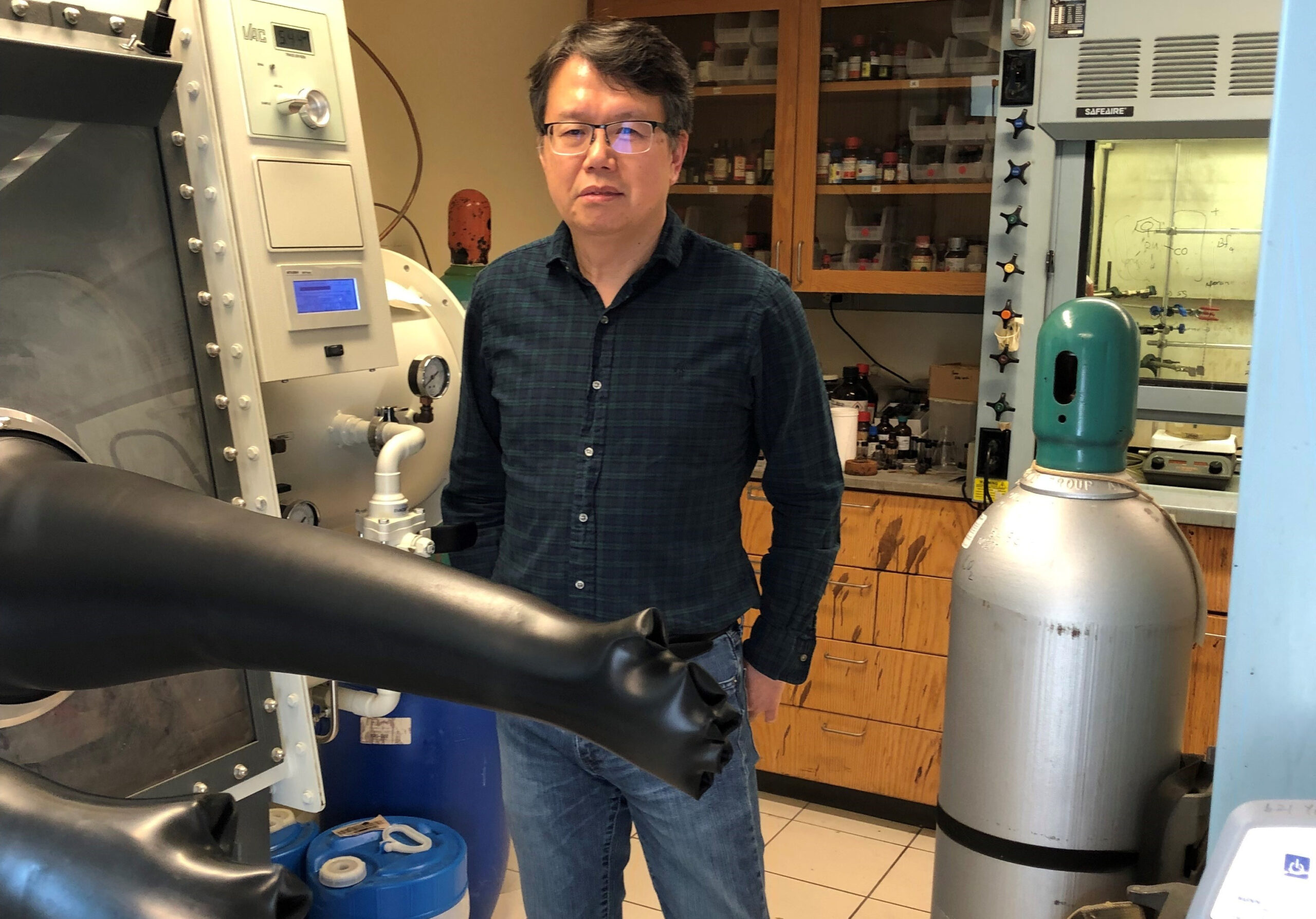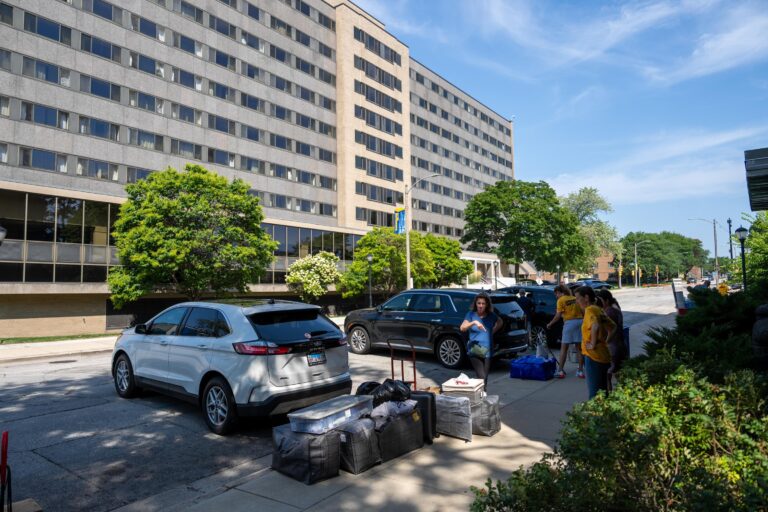
 Dr. Chae Yi, professor of chemistry in the Klingler College of Arts and Sciences, has received a $527,182 grant from the National Science Foundation to study new methods to upgrade petroleum and biomass-derived commodity chemicals into value-added materials using environmentally sustainable catalytic processes.
Dr. Chae Yi, professor of chemistry in the Klingler College of Arts and Sciences, has received a $527,182 grant from the National Science Foundation to study new methods to upgrade petroleum and biomass-derived commodity chemicals into value-added materials using environmentally sustainable catalytic processes.
The studies, with support from the Chemical Catalysis Program in the NSF’s Division of Chemistry, could lead to economic and environmental improvements in the preparation of complex organic molecules needed for the manufacture of pharmaceuticals and other valuable products through fundamental advances in the field of catalytic bond activation.
“I am thankful to the NSF and its Chemical Catalysis Program for this award,” Yi said. “This study aims to develop novel catalytic coupling methods by using biomass-relevant substrates, which are readily available, to attain detailed mechanistic knowledge on these catalytic methods, and then to utilize these methods for sustainable synthesis of complex organic molecules of pharmaceutical importance.”
The study will be carried out in two parts, with Yi’s lab first investigating the scope and mechanism of the catalytic coupling methods via unreactive carbon-carbon bond activation of saturated hydrocarbons and their applications to the synthesis of complex organic molecules. Then, researchers will focus on the development of novel catalytic coupling methods via carbon-nitrogen bond activation for simple amines and related nitrogen substrates.
This research project will have broader impacts, as it will support summer internships that will allow for undergraduate students from local college STEM programs to receive research experiences in Yi’s laboratory. Yi will also be afforded the resources to engage in outreach efforts at local high schools and colleges that will serve to promote careers in science and engineering for students with diverse backgrounds, many of whom belong to groups underrepresented in the current STEM workforce.
“This is a tremendous opportunity for Dr. Yi and his lab to continue his innovative work,” said Dr. Heidi Bostic, dean of the Klingler College of Arts and Sciences. “This project has exciting implications for environmental sustainability across multiple areas, including in pharmaceuticals and agriculture. Dr. Yi’s work supports Marquette’s commitment to the sustainability of valuable resources. The outreach and engagement element is another crucial factor as he will further the university’s mission of educational access through significant learning experiences for college and high school students that are underrepresented in the STEM fields.”
The NSF’s Chemical Catalysis Program supports experimental and computational research directed towards the fundamental understanding of the chemistry of catalytic processes. The CAT Program accepts proposals on catalytic approaches, which facilitate, direct, and accelerate efficient chemical transformations. The program scope includes the design and synthesis of catalytic species on the molecular, supramolecular, and nanometer scales as well as mechanistic studies primarily focused on discovery, development, or improvement of homogeneous and heterogeneous catalytic processes.



